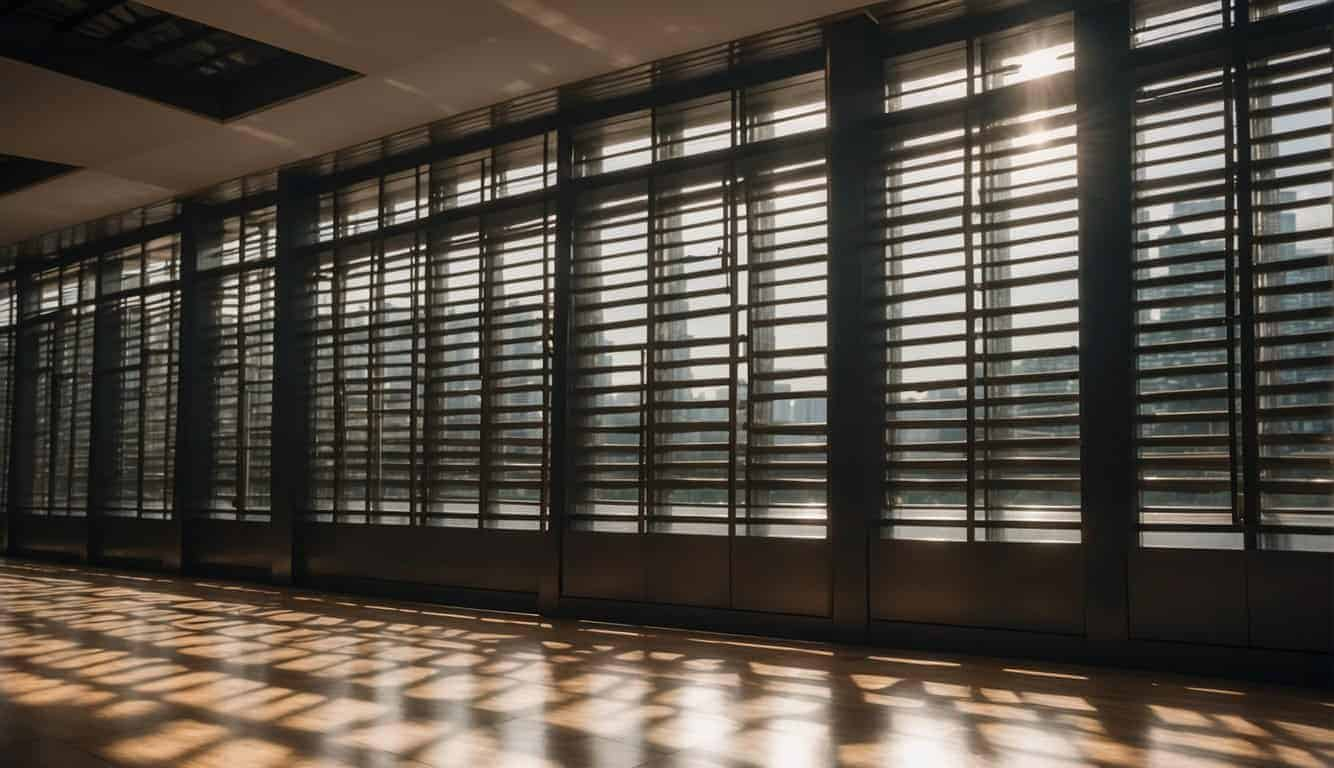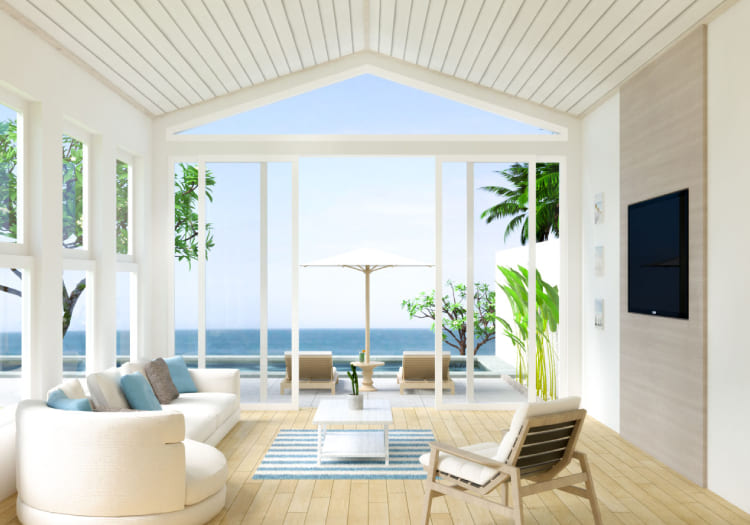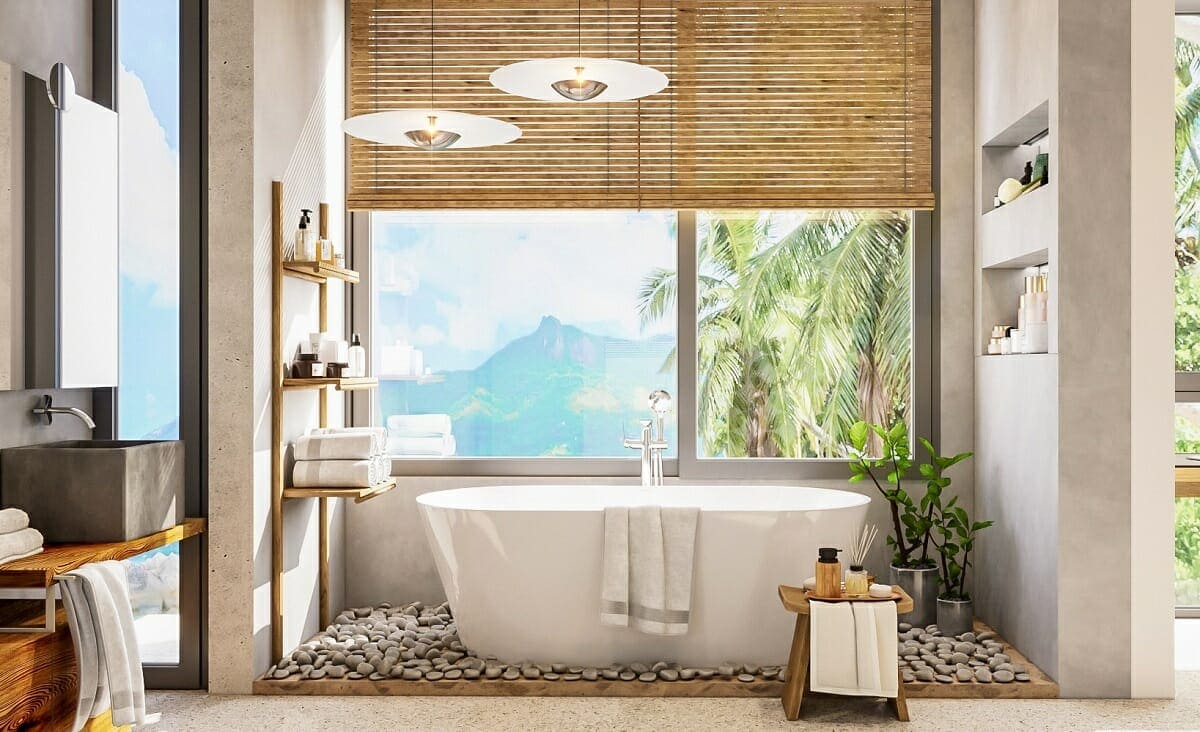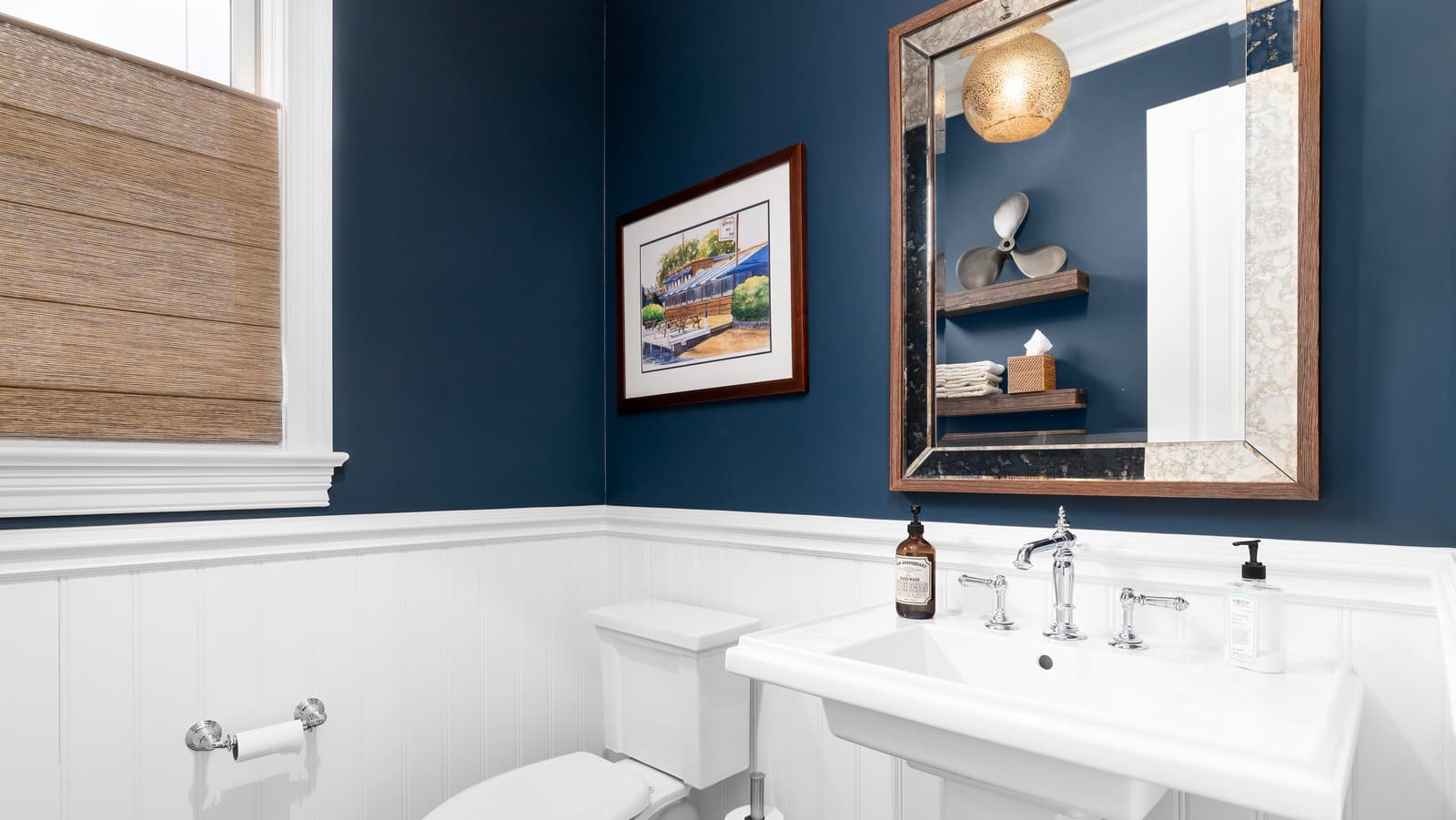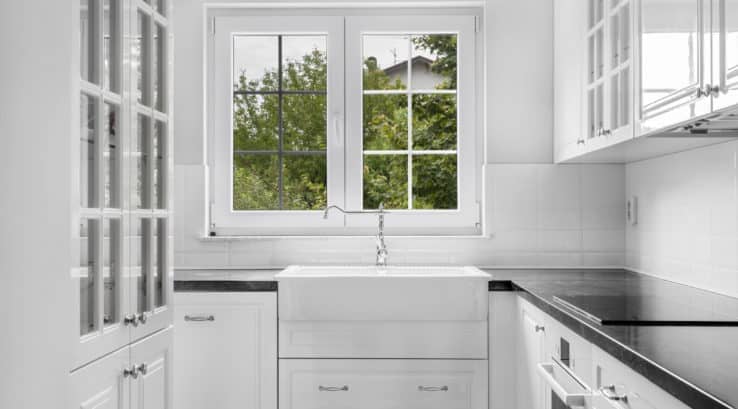Introduction to Louver Windows
Louver windows have emerged as a versatile and stylish option for homeowners looking to enhance ventilation and aesthetics within their living spaces. These windows, characterized by their adjustable slats, offer numerous benefits ranging from improved airflow to increased energy efficiency. In this comprehensive guide, we delve into the world of louver windows, exploring their features, benefits, installation process, maintenance tips, and much more.
Understanding Louver Window Design and Functionality
Louver windows consist of a series of horizontal slats positioned at an angle to allow airflow while preventing the entry of rain, debris, and unwanted elements. This unique design enables users to regulate ventilation by simply adjusting the angle of the slats, making them an ideal choice for areas requiring controlled airflow, such as kitchens, bathrooms, and utility rooms.
Benefits of Louver Windows
1. Enhanced Ventilation
Louver windows excel in promoting natural ventilation, allowing fresh air to circulate freely throughout the room. By adjusting the slats, users can optimize airflow according to their preferences, ensuring a constant supply of fresh air while expelling stale indoor air.
2. Increased Energy Efficiency
The adjustable nature of louver windows enables homeowners to harness natural ventilation effectively, reducing the reliance on mechanical cooling systems. By allowing cool breezes to enter during mild weather, louver windows can help lower energy consumption and utility bills, contributing to a more sustainable and eco-friendly living environment.
3. Privacy and Security
While providing ample ventilation, louver windows also offer privacy and security benefits. The angled slats restrict visibility from the outside, preventing prying eyes from peering into the interior spaces. Additionally, some louver windows come equipped with security features such as locking mechanisms, further enhancing home security.
4. Stylish Design Options
Beyond their functional advantages, louver windows add a touch of elegance and sophistication to any home decor. Available in a variety of materials, finishes, and styles, including traditional timber, sleek aluminum, and modern PVC, louver windows offer endless design possibilities to suit diverse architectural preferences and aesthetic sensibilities.
Installation Process and Considerations
Installing louver windows requires careful planning and attention to detail to ensure optimal performance and longevity. Here are some key considerations to keep in mind:
1. Proper Sizing and Placement
Before installation, accurately measure the dimensions of the window opening to ensure a precise fit. Consider the orientation of the windows to maximize natural light and airflow while minimizing exposure to direct sunlight and inclement weather.
2. Professional Installation
While DIY installation may seem tempting, hiring a professional contractor ensures proper alignment, sealing, and weatherproofing of louver windows. Experienced installers possess the necessary skills and equipment to complete the installation efficiently and effectively, minimizing the risk of leaks, drafts, and other potential issues.
3. Sealing and Insulation
To optimize energy efficiency and weather resistance, apply sealant and insulation around the window frame during installation. Proper sealing prevents air leakage and moisture infiltration, enhancing the overall performance and durability of louver windows.
Maintenance Tips for Louver Windows
To keep louver windows looking and functioning their best, follow these maintenance tips:
1. Regular Cleaning
Periodically clean the slats and frames of louver windows using a mild detergent and water solution. Remove any accumulated dirt, dust, or debris to prevent obstruction of airflow and maintain optimal performance.
2. Lubrication of Moving Parts
Apply a silicone-based lubricant to the hinges and moving parts of louver windows to ensure smooth operation and prevent corrosion. Regular lubrication prolongs the lifespan of hardware components and reduces the risk of mechanical issues.
3. Inspection for Damage
Inspect louver windows periodically for signs of damage, such as warped or broken slats, damaged frames, or faulty hardware. Promptly address any issues to prevent further deterioration and maintain the integrity of the windows.
Conclusion
Louver windows offer a perfect blend of form and function, combining stylish design with practical benefits such as enhanced ventilation, energy efficiency, privacy, and security. By understanding their features, benefits, and maintenance requirements, homeowners can make informed decisions when incorporating louver windows into their living spaces, creating environments that are both comfortable and visually appealing.

